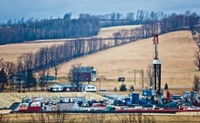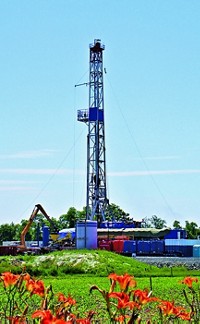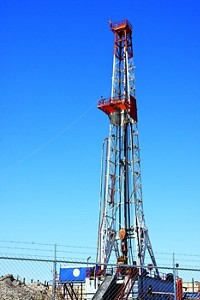Advertisement
Grab your lab coat. Let's get started
Welcome!
Welcome!
Create an account below to get 6 C&EN articles per month, receive newsletters and more - all free.
It seems this is your first time logging in online. Please enter the following information to continue.
As an ACS member you automatically get access to this site. All we need is few more details to create your reading experience.
Not you? Sign in with a different account.
Not you? Sign in with a different account.
ERROR 1
ERROR 1
ERROR 2
ERROR 2
ERROR 2
ERROR 2
ERROR 2
Password and Confirm password must match.
If you have an ACS member number, please enter it here so we can link this account to your membership. (optional)
ERROR 2
ACS values your privacy. By submitting your information, you are gaining access to C&EN and subscribing to our weekly newsletter. We use the information you provide to make your reading experience better, and we will never sell your data to third party members.
Environment
Health Experts Seek Pause In Shale Drilling
by Glenn Hess
January 16, 2012
| A version of this story appeared in
Volume 90, Issue 3
Public health advocates are calling for a moratorium on hydraulic fracturing while the potential health and environmental effects of the natural gas drilling process are studied. The gas industry should establish a foundation to finance studies on the technology, which is commonly known as fracking, Jerome A. Paulson said at a forum in Arlington, Va., last week. Paulson is an associate professor of pediatrics at George Washington University’s School of Medicine & Health Sciences. “There are a lot of questions related to the human health and ecological impacts of this process of unconventional gas extraction that need to be answered,” Paulson said. Adam Law, an endocrinologist at Weill Cornell Medical College, added, “Industry has not done nearly enough to finance the needed research effort.” Fracking involves injecting large amounts of water, sand, and chemical additives at high pressure deep underground into shale formations to free trapped natural gas. Critics say the process can contaminate groundwater and surface water and also contributes to air pollution. But the industry has used hydraulic fracturing for 65 years in 30 states with a “demonstrable history of safe operations,” according to Energy In Depth, an advocacy group financed by oil and gas interests.





Join the conversation
Contact the reporter
Submit a Letter to the Editor for publication
Engage with us on Twitter